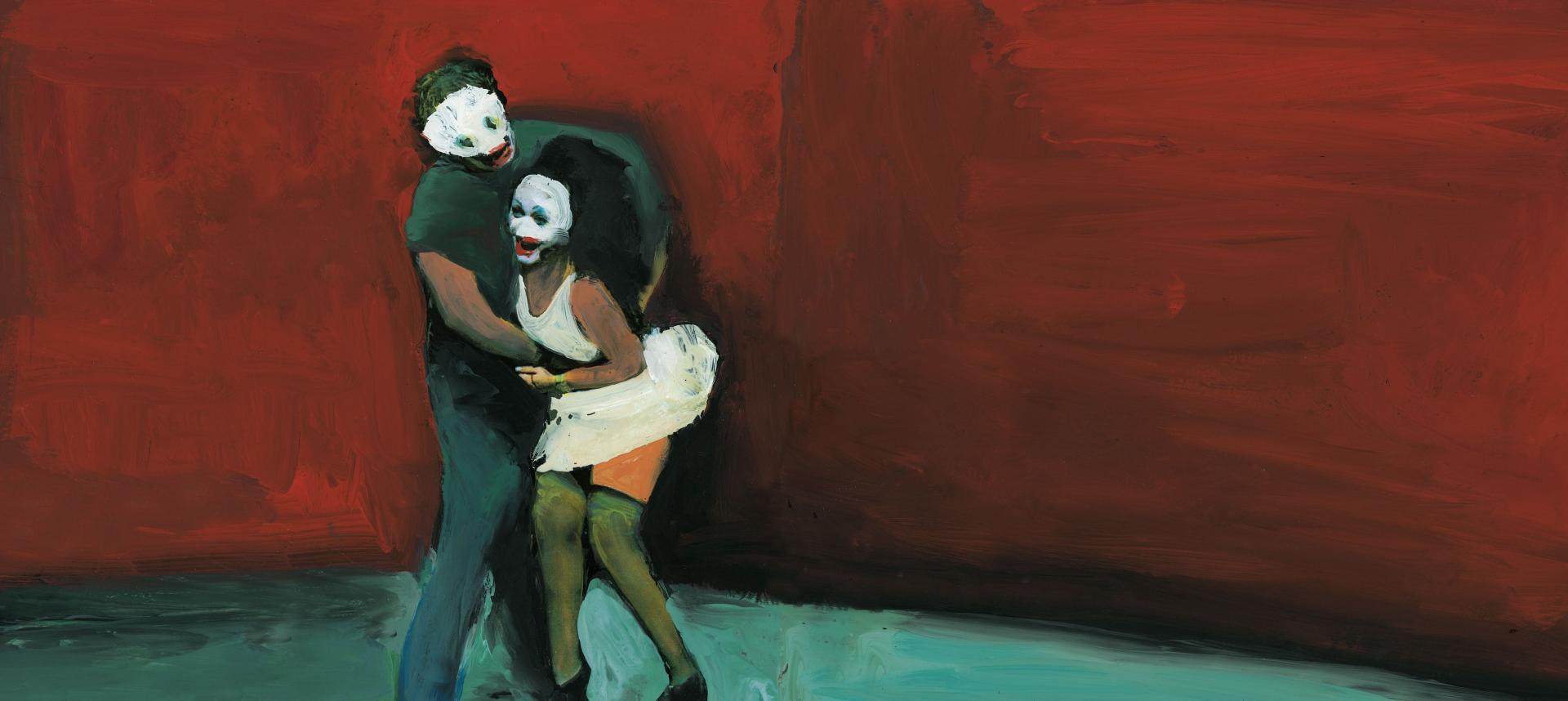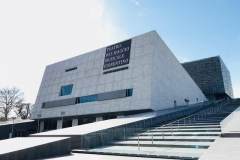Pagliacci and Cavalleria rusticana
Mo | Tu | We | Th | Fr | Sa | Su |
Pagliacci / Cavalleria rusticana | Opera
Ruggero Leoncavallo / Pietro Mascagni
Cavalleria rusticana: 1 hour and 20 minutes | Intermission: 30 minutes | Pagliacci: 1 hour and 20 minutes
Total duration: approximately 3 hours and 10 minutes
Pagliacci
Pagliacci, an opera in two acts with prologue by Ruggero Leoncavallo, follows in the successful wake of Cavalleria rusticana, which had opened the path to the verismo style in opera. The libretto, written by the composer himself, is based on a true crime — a crime of passion that actually took place in Montalto Uffugo, the Calabrian village where Leoncavallo had lived in his youth. Premiered at the Teatro Dal Verme in Milan on May 21, 1892, under the baton of Toscanini, the opera achieved international fame in a remarkably short time. Its popular setting, where violent emotions are expressed through passionate, convulsive vocal writing, forms the backdrop for the drama of Canio’s jealousy — the leader of a traveling theatre troupe. Through the subtle narrative device of “theatre within the theatre,” where real life unfolds within the play performed on stage, Leoncavallo heightens the dramatic intensity of the subject. The demon of jealousy consuming the protagonist, a man unhappy both in life and in fiction, can only lead to the tragic conclusion — the brutal murder of his unfaithful wife, Nedda, and her doomed lover.
Cavalleria rusticana
Winner of the competition announced by the publisher Sonzogno in 1888 for a one-act opera, Cavalleria rusticana was the work of Pietro Mascagni, then a promising young composer in his twenties. From its premiere at the Teatro Costanzi in Rome on May 17, 1890, Mascagni’s opera achieved an immediate and resounding success, thanks to its powerful and topical subject — Giovanni Verga’s short story, adapted into a libretto by Guido Menasci and Giovanni Targioni-Tozzetti — and to music that, from the arias and duets to the Prelude and the famous Intermezzo, overflows with unparalleled passion. Cavalleria rusticana is a story of tormented love, burning passions, jealousy, and revenge that ends in bloodshed on Easter Day. At the very moment when Christendom celebrates the triumph of life over death, for the opera’s protagonists there is no room for redemption or forgiveness. Only summary justice, delivered at knifepoint, can avenge lost honor and the shame of betrayal.
Program and cast
Conductor and Music Director: Riccardo Frizza
Chorus Master: Lorenzo Fratini
Stage Director: Robert Carsen
Set Design: Radu Boruzescu
Costumes: Annemarie Woods
Lighting: Robert Carsen and Peter van Praet
Orchestra and Chorus of the Maggio Musicale Fiorentino
Children’s Chorus of the Accademia del Maggio Musicale Fiorentino
Children’s Chorus Master: Sara Matteucci
Pagliacci
Nedda – Corinne Winters
Canio – Brian Jagde
Tonio – Roman Burdenko
Beppe – Lorenzo Martelli
Silvio – Hae Kang
Cavalleria rusticana
Turiddu – Luciano Ganci
Santuzza – Martina Belli
Lucia – Vesselina Kasarova
Alfio – Roman Burdenko
Lola – Francesca Di Sauro
Production of the Dutch National Opera, Amsterdam
Cast updated as of June 30, 2025
Teatro del Maggio Florence State Opera Italy
Teatro del Maggio is in the centre, close to the old city walls, next to the historic Stazione Leopolda. The garden that welcomes visitors is Piazzale Vittorio Gui, named after the founder of the Stabile Orchestrale Fiorentina and the Maggio Musicale Fiorentino.
By train
Santa Maria Novella is Florence's main train station.
From there you can reach the theatre with a short walk (about 10-15 minutes) or by taking the tram (a stop) or a taxi.
By car
The Opera di Firenze is just outside the ZTL area.
It is possible to park near the Parco delle Cascine or for a fee in the Porta al Prato car park (Via Elio Gabbuggiani, 7) and in the Piazza Vittorio Veneto car park.
By bus
Lines C1, C2 and D (Leopolda stop);
Lines 17 and 23A-B (stop Via delle Carra);
Lines 17B-C, 22, 23N, 23 and 57 (Pierluigi da Palestrina stop);
Lines 29, 29B, 29BA, 29BC, 29D, 30A, 30B, 30AC, 35 and 35° (stop Leopolda - Porta al Prato; Capolinea).
By tram
Line T1 (stop Porta al Prato - Parco della musica).

 EN
EN DE
DE IT
IT FR
FR ES
ES RU
RU JP
JP RO
RO
 Seating plan
Seating plan 